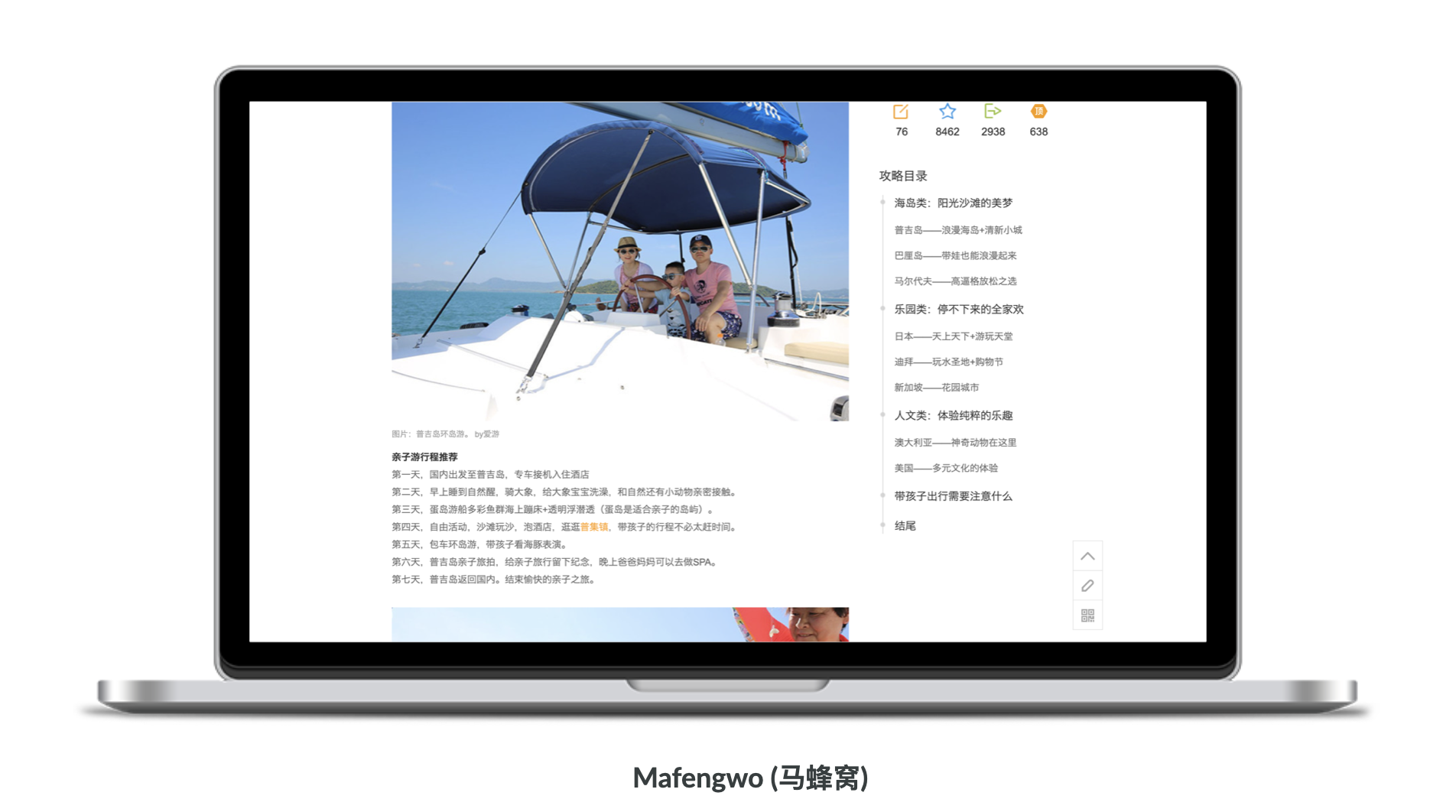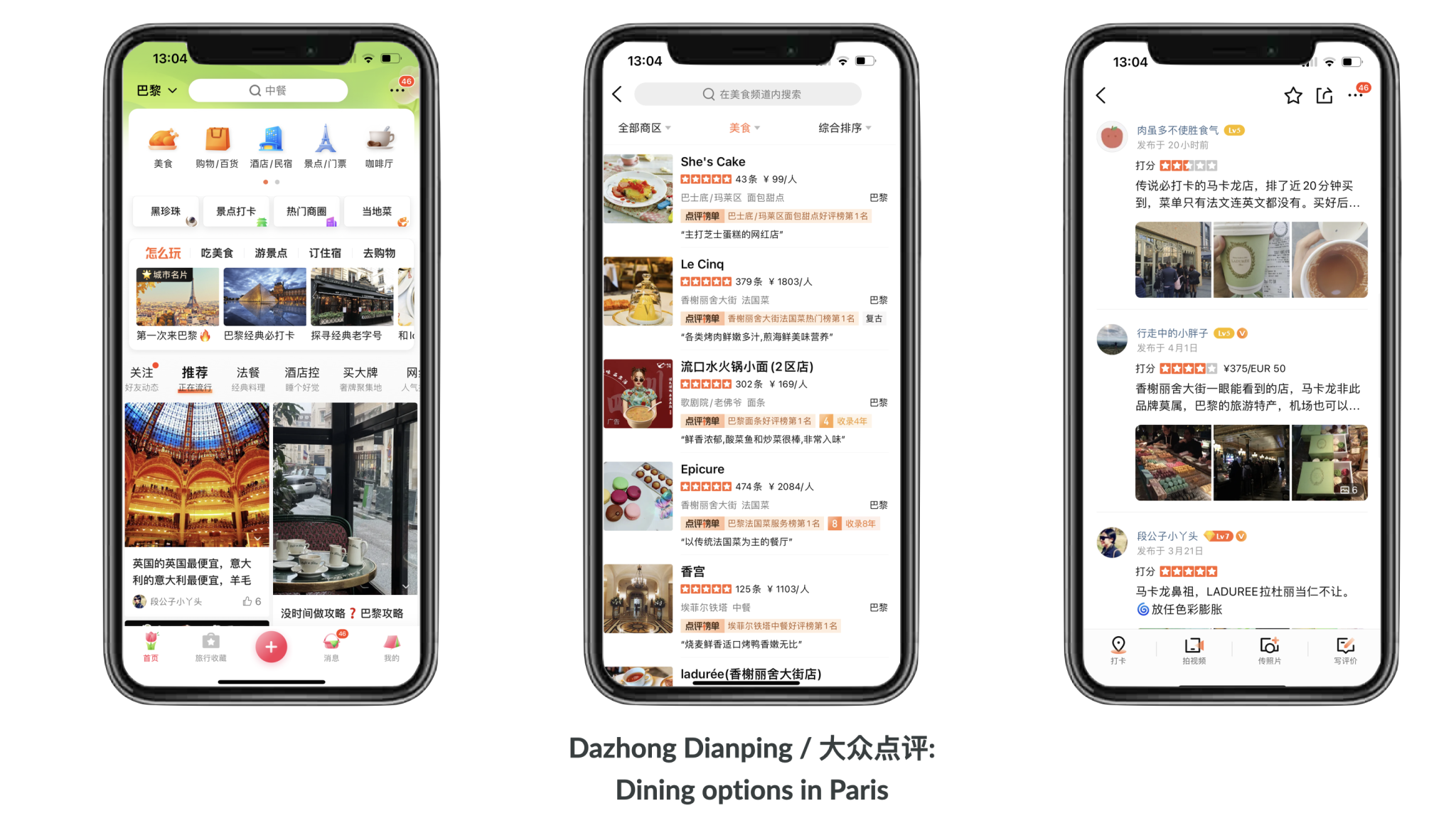China’s answer to ChatGPT? Baidu shares tumble as Ernie Bot disappoints
The introduction of Ernie coincides with Google and Microsoft upping their AI game. As the CEO of Baidu makes brief video presentations in which he makes it abundantly clear that the AI still needs many improvements, Baidu shares fall.
Analysts claim it was a staged event with pre-recorded videos of the test and showcases, proving they were hesitant to perform it live. As a result, rumors claim it is not yet operational (Baidu stock fell by 6% following the presentation).
The public still cannot access AI. Ernie is able to create images and videos, speak and understand various Chinese dialects, write poetry, and perform math.
https://www.reuters.com/technology/chinese-search-giant-baidu-introduces-ernie-bot-2023-03-16/
Top Chinese PR agency to replace copywriters and designers with ChatGPT-like tech
Since securing Microsoft as a client, BlueFocus, which was ranked first among its Chinese peers and 11th overall among public relations firms worldwide in 2022, has made significant investments in AI. The company has also worked with Chinese ChatGPT substitutes, such as Baidu’s Ernie Bot, for use in online persona development and other forms of digital marketing.
It will do away with outside copywriters, designers, and temporary workers in favor of generative AI like ChatGPT. Up to one-fourth of current work could be replaced by ChatGPT-like technology, particularly in the fields of office administration and legal services.
https://hr.economictimes.indiatimes.com/news/industry/top-chinese-pr-agency-to-replace-copywriters-designers-with-chatgpt-like-tech/99470589
Notice on the Compliance of WeChat Official Account Marketing Content
The Measures for the Administration of Internet Advertising were recently released by the Market Supervision of China and will go into effect on May 1.
The official account operators, who advertise goods or services in various ways and include shopping links and other ways to make purchases, are, in my opinion, the most crucial factor for us. The term “advertisement” needs to be clearly identified.
https://mp.weixin.qq.com/s/R6FoptfmnOiLZPFMTh2uLw
A 80 year old grandmother be MIUMIU brand ambassador
When choosing an ambassador, many brands today, particularly luxury brands or high-end new consumer brands, are edging closer to middle-aged and older artists and models.
This 80-year-old grandmother appeared in a Miu Miu fashion advertisement.
In contrast to earlier fashion posters From the posters, we can sense the appeal of the past and another interpretation of fashion.
In order to reach a wider audience and draw in more young customers, brands like Lululemon are starting to favor middle-aged and elderly spokespersons. Fashion does not only belong to young people; it is about exploring individual fashion attitudes at any age.
https://mp.weixin.qq.com/s/Lr4XlQiekcj7ALMhXDVAJA
Xiaohongshu decodes the urban core fashion trend through the sports market in Shanghai
Xiaohongshu visited a sports market in Shanghai over the May Day weekend that was showcasing the new fashion craze Urbancore. Participating brands and fashion KOLs organized a variety of outdoor sporting events, capitalizing on China’s enduring fitness craze to increase engagement.
In order to promote participation, a number of live streams with giveaways and prizes of urbancore-inspired clothing were combined with the offline market.
Xiaohongshu decodes Urbancore fashion trend through sports market in Shanghai
Xiaohongshu to launch group buying function
This is the most recent action taken by Xiaohongshu to expand her reach in the “local life” market.
Xiaohongshu has been working to strengthen the link between online peer-to-peer recommendation and offline services in users’ local areas ever since the launch of the “Nearby” feed in 2019. Consumers can be encouraged to spend money locally by offering discounts for group purchases, which must be made.
Online group buying penetration in China was only 12.7% in 2021, and this number is only anticipated to rise, creating an untapped market.
China’s May Day Holiday Reveals New Favorite Tourist Destinations
The price of admission to scenic areas increased 1,000% from the same time last year, exceeding pre-pandemic levels. From April 17 to May 7, Macau was the most popular travel destination for Chinese tourists in Asia, a 32 percent decline from visits to Hong Kong.
Other than these well-known tourist destinations, obscure places saw growth over the holiday. Particularly for its inexpensive barbecue food and good value for money experiences, Zibo has become extremely popular on social media. May Day hotel bookings soared 800 percent from 2019.
Labor Day saw an all-time high in international excursion bookings on Fliggy, more than tripling the previous record set during this year’s Spring Festival. However, the number of available international flights continues to restrict travel abroad.
https://jingdaily.com/tencent-douyin-content-agreement-copyright/
For Marketers, Does It Even Matter If It’s Not Real?
Luxury brands are embracing the concept of “virtual luxury” more and more in order to appeal to younger, digitally savvy consumers who value sustainability and one-of-a-kind experiences. To engage customers and create fresh opportunities for brand interaction, this entails using virtual experiences and products.
But the question still stands: Is authenticity still important in marketing? While virtual luxury might be alluring in the short term, brands shouldn’t discount the value of authenticity and quality when fostering long-term consumer trust and loyalty.
Given these trends, luxury brands should think about how to strike a balance between the advantages of virtual luxury and the requirement to uphold a strong brand identity and reputation. This might entail coming up with inventive ways to combine tangible goods and services with digital ones, all the while upholding the brand’s commitment to excellence and authenticity throughout.
https://www.luxurysociety.com/en/articles/2023/04/marketers-does-it-even-matter-if-its-not-real







